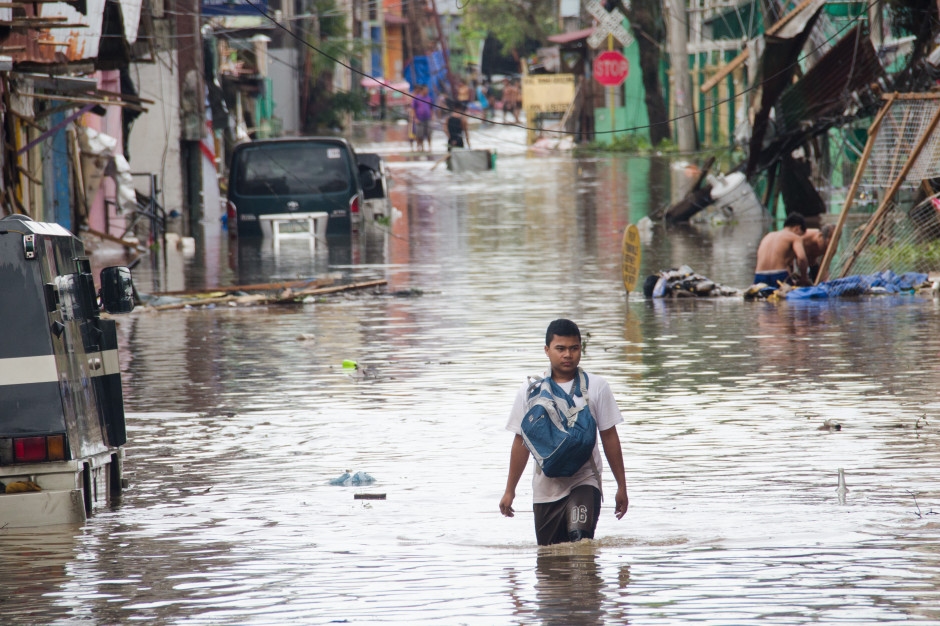Extreme heat carries extra risks for pregnant women

During pregnancy, the body works harder to maintain a stable internal temperature, which increases the strain on the cardiovascular system and vital organs. Therefore, hot weather conditions can pose a greater danger, as The extra effort to cool the body can lead to dehydration, increased heart rate, and complications in kidney function.
This problem is exacerbated by climate change , caused by the burning of fuels like gasoline and coal. The intensification of extreme heat episodes, high temperatures well into the night, and new climate records mean greater exposure for pregnant women, especially in developing countries.
Here's what you need to know about the science of pregnancy and extreme heat:
Pregnancy causes changes in the body in multiple ways, which can make heat dissipation more difficult and uncomfortable.
"One obvious thing is that pregnant women have a bulge in their abdomen, depending on their gestation period, and that's a change in the surface area-to-volume ratio," explained Anna Bershteyn, an associate professor at the New York University Grossman School of Medicine and director of Project HEATWAVE, an initiative aimed at improving research on preventing deaths from extreme heat.
This is how heat affects pregnant peopleHeat is released from the body through the skin, so as the belly increases in size, the heat must travel further to escape.
As pregnancy progresses, the body burns more calories, which generates internal heat. The heart, which can already be overtaxed by extreme heat, has to work even harder. And pregnant people also need more fluid to stay hydrated, so they may become dehydrated more easily, according to the U.S. Environmental Protection Agency (EPA).
One way the body cools itself is by diverting blood toward the skin and away from central organs, which is why a person's skin may turn red in the heat. Recent research indicates that reduced blood flow to the placenta may affect fetal development.
For pregnant women handling potent substances like pesticides, increased blood flow can also increase chemical absorption, explained Dr. Chris Holstege, chief of the division of medical toxicology at the University of Virginia School of Medicine.
Research is beginning to show that exposure to extreme heat—even in the months before pregnancy—can affect a future pregnancy, said Cara Schulte, a researcher at the University of California, Berkeley, and the nonprofit Climate Rights International, which studies maternal health and heat.
During pregnancy, even Short-term exposure to heat may increase the risk of serious maternal health complications, such as high blood pressure disorders during pregnancy, according to the EPA. This includes preeclampsia , a condition that can be fatal for both mother and baby.
Heat can also exacerbate anxiety, depression, and feelings of isolation, and once the baby is born, "all of these issues are compounded by the difficulty postpartum women have caring for their infants in the heat," Schulte said.
As they grow, children exposed to extreme heat in the womb may be at greater risk for lifelong developmental problems, potentially related to adversities such as being born prematurely or with low birth weight, Schulte added.
"This is something that's been very understudied," Bershteyn noted, adding that much of what we know comes from studies that recruit athletes, soldiers, or physically fit young people. There hasn't been the same level of commitment to research on women's health."
*Stay up to date with the news, join our WhatsApp channel
In case you're interested: Why do hands hurt when it's cold?OF
informador



